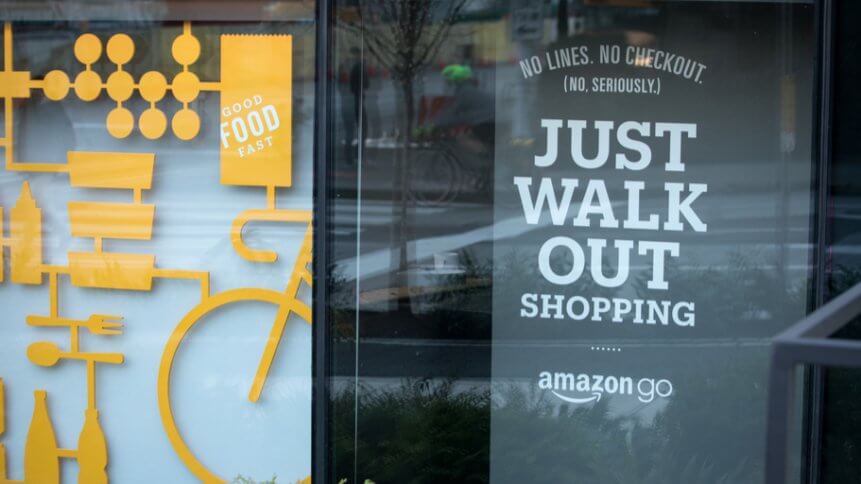UK retail’s love-hate relationship with Amazon

Amazon recently announced plans to open 10 pop-up shops in UK town centers, enabling people to buy from over 100 small businesses, selling everything from food and drink to electronics, beauty products, and homewares. These include Swifty Scooters, Torro Cases and Altr for Men.
Part of a year-long pilot, launched in conjunction with Enterprise Nation, the first ‘Clicks and Mortar’ shop opened last week in St Mary’s Gate in central Manchester and will also offer Amazon Lockers.
This being Amazon, the announcement was met with a mixed response from the media and industry observers. Anthony Gavin, Regional Director, Narvar EMEA, labeled it another example of the ever-changing retail landscape.
For quite some time the industry has separated online and offline shopping when, in fact, shopping today is fluid and continuous, he argued. Now, with an online and offline offering, Amazon covers many touchpoints for customers – providing them “advanced convenience”.
Unfair advantage
Others were less enthusiastic, however, flagging up accusations that Amazon is subsidized by the taxes of its rivals, along with complaints from major chains that, far from boosting bricks and mortar outfits, it has actually contributed to the crisis engulfing the High Street.
Out to promote Amazon’s pop-ups initiative, its UK boss was forced to defend his company’s role on these shores. Doug Gurr said that the pilot program was part of its commitment to UK firms and the wider economy.
Gurr observed that Amazon paid £63 million (US$ 80 million) in business rates last year in a UK retail market that still sees 82 percent of total sales coming from physical stores.
There was talk of £9 billion (US$11.5 billion) of investment in the UK and the creation of “tens of thousands of jobs”. Gurr commented: “Like all businesses, we pay all the taxes we are required to pay – here in the UK and in every nation in which we operate. Are we giving enough back? I absolutely think we are.”
YOU MIGHT LIKE

The rise of ‘retailtainment’
Grocery retailers beware
The controversy surrounding the company shows no signs of abating soon. Amazon’s UK retail revenue will rise 58.2 percent during the next five years to reach £15.7 billion (US$20 billion) by 2024, according to GlobalData. And the Jeff Bezos-driven juggernaut will account for one-fifth of UK online spend by that date. Be afraid, rival players, be very afraid.
The food and grocery sector is anticipated to be the largest growth area, up 174.7 percent between 2019 and 2024, in comparison to the total grocery sector which is forecast to grow by 15.5 percent over the same period.
James Yacoub, Retail Analyst for GlobalData, notes that, although food has not historically been a focal point for the pureplay, it will prioritize investment in this sector through ramping up its Amazon Fresh operation, developing Whole Foods and introducing its checkout-free Amazon Go stores. Overall, it will grow its total online market share to 19.8 percent in 2024, up from 16.6 percent in 2019.
So, is it a force for good or bad in the UK? Like most things in life, this is not a straightforward question; there are various grey areas here. Is it giving enough back? Probably not. But has it played a major part in transforming the omnichannel landscape and, in the process, given various bricks and mortar retailers a much-needed kick up the backside? Absolutely.
Expect plenty more debate, innovation and controversy over the next few years.








